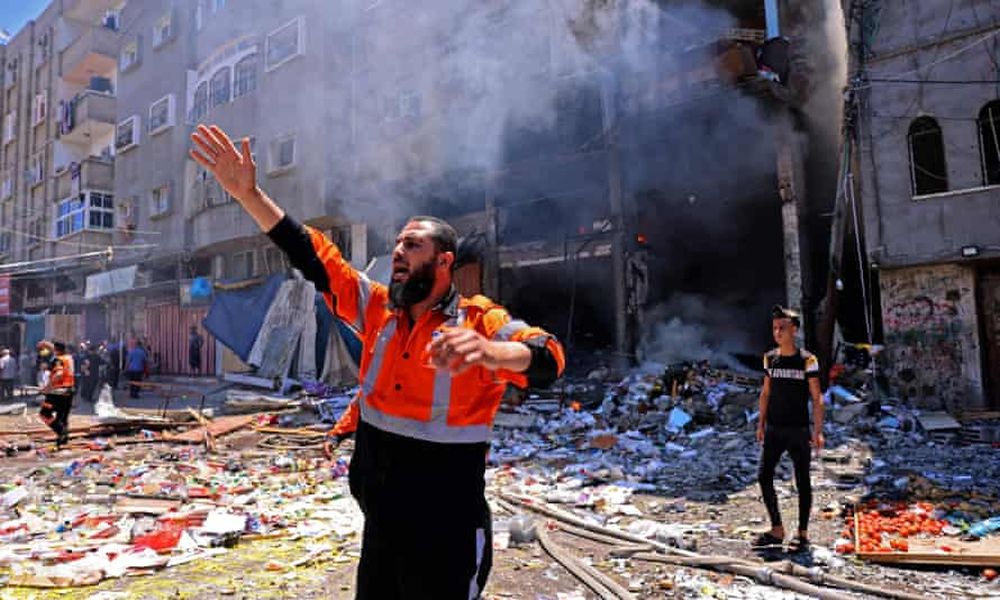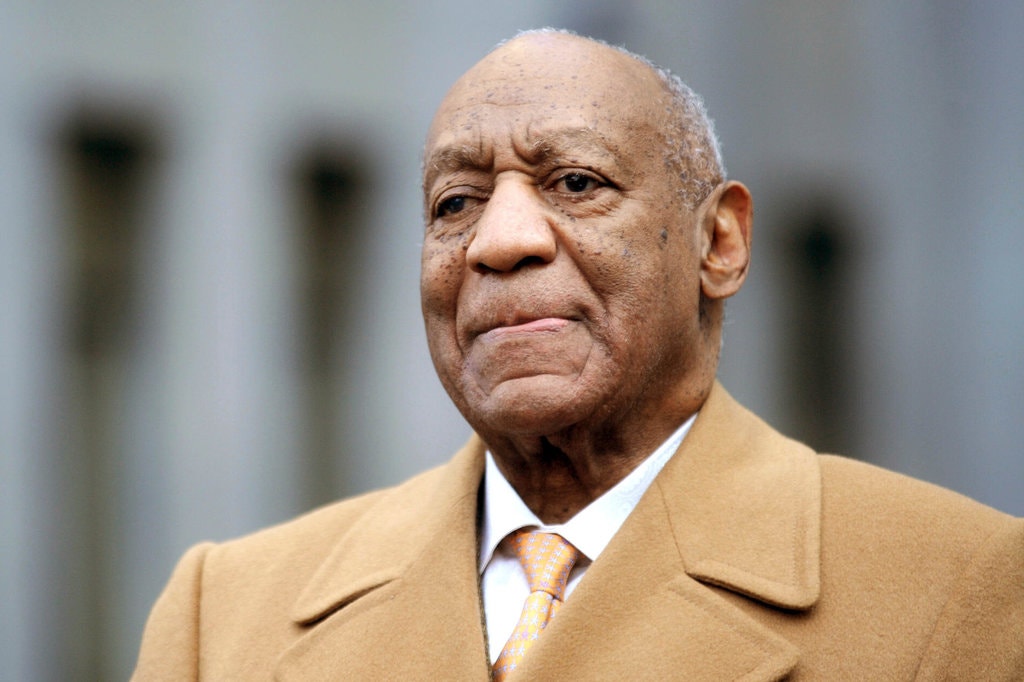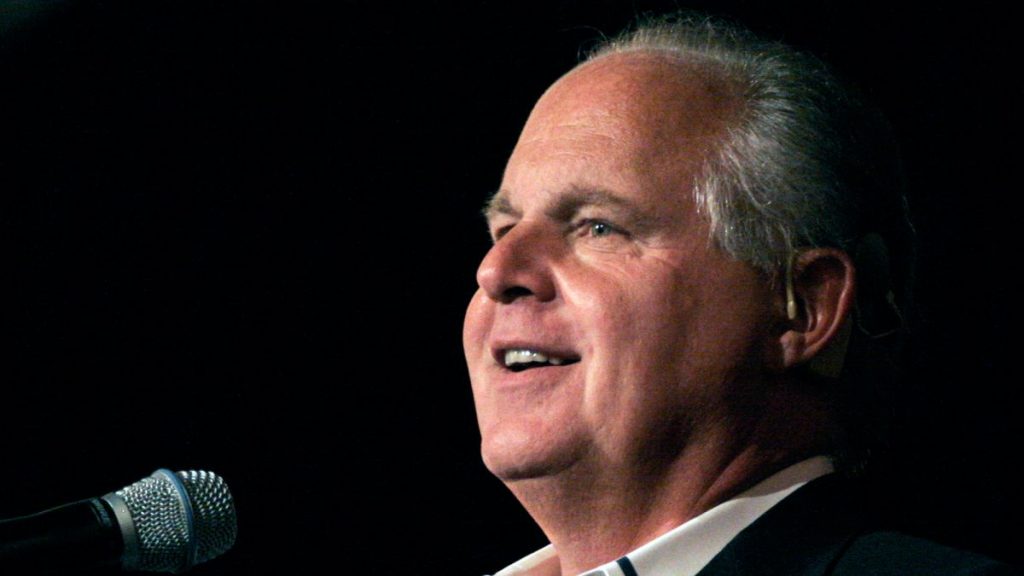US President Joe Biden has voiced his support for a ceasefire after eight days of violence between Israel and Palestinian militants in Gaza.
Mr. Biden told Israeli Prime Minister Benjamin Netanyahu that the US was working with Egypt and other countries on halting hostilities.
But the US again blocked a UN Security Council statement calling for a cessation of violence.
The conflict is now in its second week, with little sign of ending.
Israel conducted further airstrikes on Gaza early on Tuesday. Its army said dozens of rockets were fired into its territory overnight.
At least 212 people, including almost 100 women and children, have been killed in Gaza, according to its health ministry. In Israel 10 people, including two children, have been killed, its medical service says.
On Tuesday Israel said at least 150 militants were among those killed in Gaza. Hamas, the Palestinian militant group that runs the territory, does not give casualty figures for fighters.
According to a White House statement on Monday, Mr. Biden “encouraged Israel to make every effort to ensure the protection of innocent civilians”.
“The two leaders discussed progress in Israel’s military operations against Hamas and other terrorist groups in Gaza,” it added.
President Biden “expressed his support for a ceasefire and discussed US engagement with Egypt and other partners towards that end”, it said.
The violence has prompted increasing concern internationally.
World leaders and humanitarian organizations have called for measures to prevent the deaths of residents and the chaos wrought by the destruction of buildings and infrastructure.
Joe Biden is a traditional pro-Israel Democrat. That’s different from Donald Trump who actually changed US policy to adopt Israel’s positions in its conflict with the Arabs. Biden has quietly begun to reverse some, although not all, of that.
But when it comes to air wars with Palestinian militants, he is following a familiar pattern. All US administrations strongly support Israel’s right to defend itself against rocket fire.
Analysts say in the initial phase they generally refrain from public criticism of Israeli airstrikes, including at the United Nations, apparently allowing a window of time for Israel to take out militant leaders and infrastructure. However, if the conflict goes on and civilian deaths mount, sometimes they become more critical and start pressing Israel to wind down its military campaign.
In this case, Hamas’ firepower has been more sustained and intense than before. But President Biden has now publicly expressed support for a ceasefire in his call with the Israeli Prime Minister Benjamin Netanyahu, and discussed with him “progress in Israel’s military operations against Hamas.”
So perhaps this is the beginning of a new phase.
The United Nations has also expressed concerns about the damage to infrastructure in the already impoverished Gaza Strip, home to two million people. It said that 40 schools and four hospitals had been “completely or partially destroyed” in recent days. It also warned that fuel supplies there were running out, threatening basic services.
The World Health Organization’s emergencies chief, Dr Mike Ryan, said all attacks on healthcare needed to stop immediately.
The outbreak of violence began after weeks of rising Israeli-Palestinian tension in occupied East Jerusalem that culminated in clashes at a holy site revered by both Muslims and Jews. Hamas began firing rockets after warning Israel to withdraw from the site, triggering retaliatory airstrikes.
What’s happening on the ground?
The Israeli military conducted further airstrikes on Tuesday and, shortly after dawn, two buildings in Gaza City were destroyed.
A spokesman for the Israel Defense Forces (IDF) said another 15km (nine miles) of Hamas tunnels had been destroyed in the latest operation.
There were no immediate reports of casualties.

Similar strikes before dawn on Monday also damaged roads, power lines and houses. At least seven Palestinians were killed in the bombing.
Mohammad Abu Rayya, a pediatrician in Gaza, told the BBC of the devastation on the ground there. “We don’t have a morgue here big enough for the killed and the dead bodies,” he said.
“We need at least 10 years more to build what has been damaged here in Gaza,” he added.
Palestinian militants fired rockets into Israel later on Tuesday morning. It set off warning sirens in cities in the south, sending people running for shelters.
But the rocket fire from Gaza appeared to be less frequent than in previous nights, according to a Reuters correspondent in the region.
Rockets were also fired at Israel from Lebanon, but the army said they did not reach its territory. The Israeli Air Force said it had shot down what it described as a UAV (unmanned aerial vehicle) that approached its boisraelrder from Jordan.
Israel has vowed to continue its airstrikes on Gaza. On Monday, it said more than 3,000 rockets had been fired into the country over the past week.
The country’s Iron Dome defense system is said to have intercepted 90% of the rockets. Israeli emergency services have reported an overall total of 311 injuries, six of them severe.
An Israeli tech executive and father of three, Eitan Singer, told the BBC: “It is not easy – seven days in a row when we go to sleep and almost every evening, every night, we get the kids out of bed, run to shelters. We have 30 seconds to 60 seconds to find a shelter.”
Credit: BBC News







